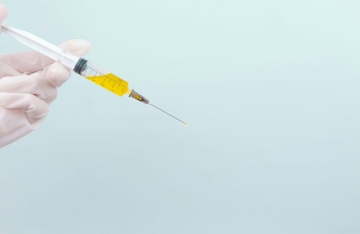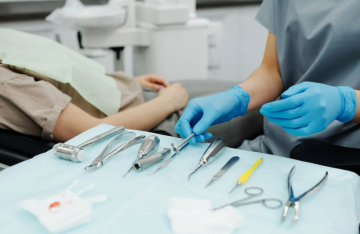Americans do not have insurance coverage for dental treatments. This figure is more than double the number of people that don’t have health insurance, and it raises some concerns. If so many do not have dental insurance, how do they pay for relatively expensive dental treatments? Medical loans. Here are some interesting facts about medical loans for dental work:
Why do 74 million Americans not have dental insurance?
The primary reason is general healthcare insurance plans do not cover dental care. So, in addition to paying for medical insurance, people would have to get a separate policy for dental treatments and pay premiums on that too. To worsen the situation, even when you have dental insurance, your coverage is still very spotty. Most plans only cover minor treatments (e.g., multiple cleanings, deep cleanings, or minor fillings).When you require a major dental procedure, insurance only covers 40-60% of your total expense,and this is often capped at $1000 – $1500 per year.
In summary, dental insurance plans are not attractive to the average American. As a result, when people need dental treatment, they pay from their savings. Those without savings would rather save up or seek out loans than get insurance coverage since it, in reality, covers very little.
How to get medical loans for dental work
What happens when one needs urgent dental care or has an oral condition that requires a major procedure? What if your child needs orthodontic work? Well, there are many medical loans available:
-
Personal loans: you can take out a personal loan from a bank or a credit union. If you have excellent credit, you can get an unsecured loan with a low and fixed APR. People with low credit scores may have to opt for a secured loan, i.e., high APR and backed by collateral.
-
Dental clinic payment plans: many dental clinics allow patients to pay in installments for specific procedures. If your treatment spans months and will require you to return regularly, then your dentist may agree to a payment plan. For one-time treatments like teeth cleaning and filling, however, this may not be allowed.
-
Credit cards: if your credit card will cover the cost of your treatment, great. Most dentists accept credit card payments.
-
Other financing options include taking a 401(k) loan, taking out a second mortgage on your home, or getting a dental credit card.
Dental credit cards have a lot of inherent risks
If the limit on your regular credit card is not high enough and you have a good credit score, you may apply for a dental credit card. These cards cover expenses incurred at dentist offices in their network, and many dental clinics accept them.
If the limit on your regular credit card is not high enough and you have a good credit score, you may apply for a dental credit card. These cards cover expenses incurred at dentist offices in their network, and many dental clinics accept them.
Before applying for a dental credit card, however, there are some things you need to know. First, these cards have relatively high APRs, as high as 26.99%. They usually offer customers a deferred interest plan that allows them to pay zero interest if they pay off their debt within a stipulated timeframe. But if
Before applying for a dental credit card, however, there are some things you need to know.First, these cards have relatively high APRs, as high as 26.99%. They usually offer customers a deferred interest plan that allows them to pay zero interest if they pay off their debt within a stipulated timeframe. But if that no interest period elapses and the principal balance has not been paid, the customer is required to pay all the back interest that has accrued on the loan in addition to the remaining principal balance. And that entire balance continues to accrue interest at that high APR until paid off.If a payment is missed at any time, the default rates are as high at 29.99%. All of this makes dental credit cards a lousy risky financing option.
Options available to people with less-than-perfect credit
So far, for the average American, it seems like there aren’t many good options when it comes to medical loans for dental treatment. For people with low credit scores, there seem to be even fewer options. The average dental credit card requires a FICO score above 650.
People with less than perfect credit that have homes with accumulated equity or any property of value may be able to get a secured loan, but the rates are usually quite high, and if they default on payments, they stand the risk of losing their collateral. For those without valuables that may be collateralized, the only options left are unsecured loans and payday loans; with APRs ranging from 100 – 350%.
United Medical Credit’s dental loans
United Medical Credit provides dental loans, and we offer excellent terms, even to people with less-than-perfect credit. We provide financing for braces, dentures, teeth whitening, dental implants, gum surgery, root canals, crowns, and many other dental procedures. Furthermore, United Medical Credit’s interest rates are highly competitive, there are different plans to choose from, and applicants may get funding of up to $35,000.
If you have ever had a tooth abscess, then you know how serious and painful dental conditions can be. Save yourself the trouble and the pain, reach out to United Medical Credit today. It does not matter if your credit score is not perfect; we have you covered.




